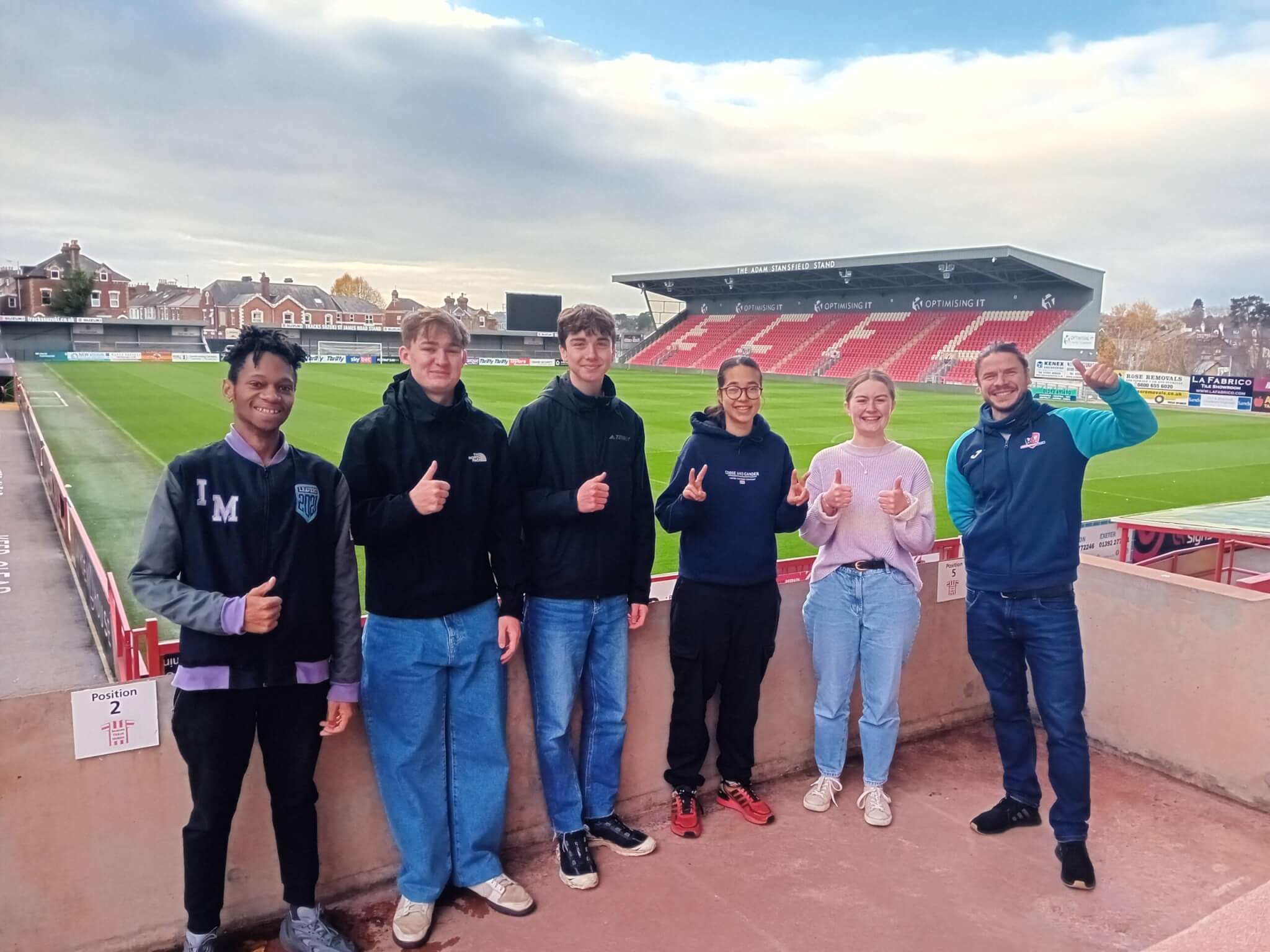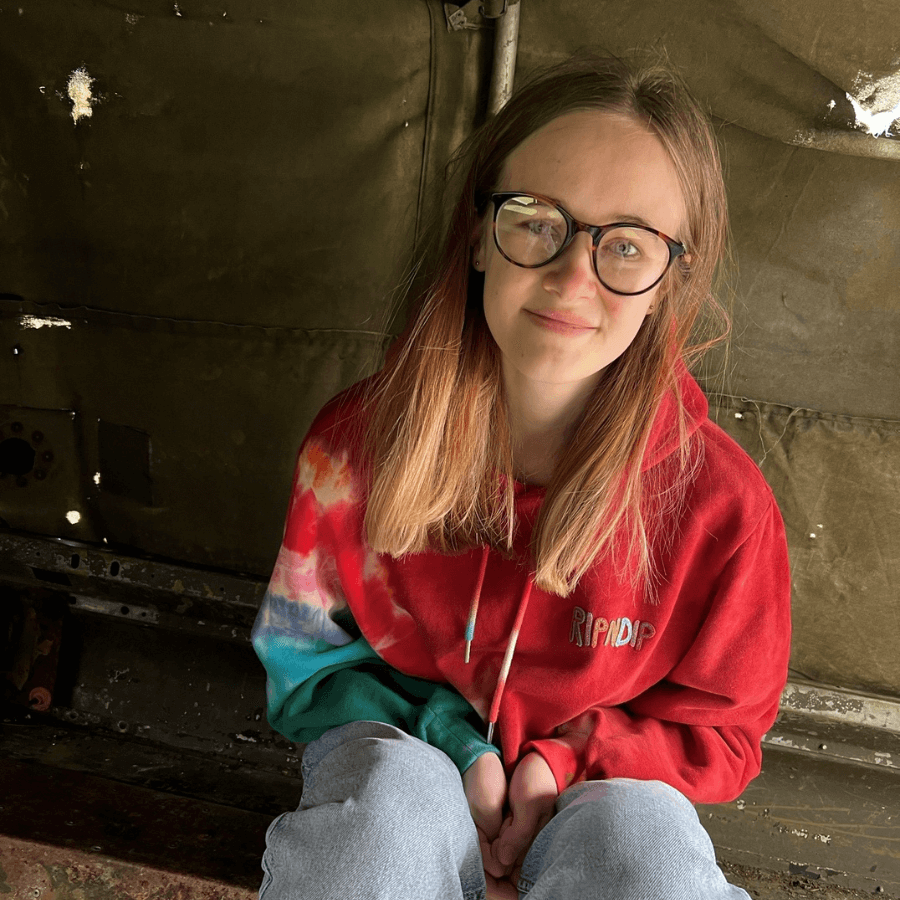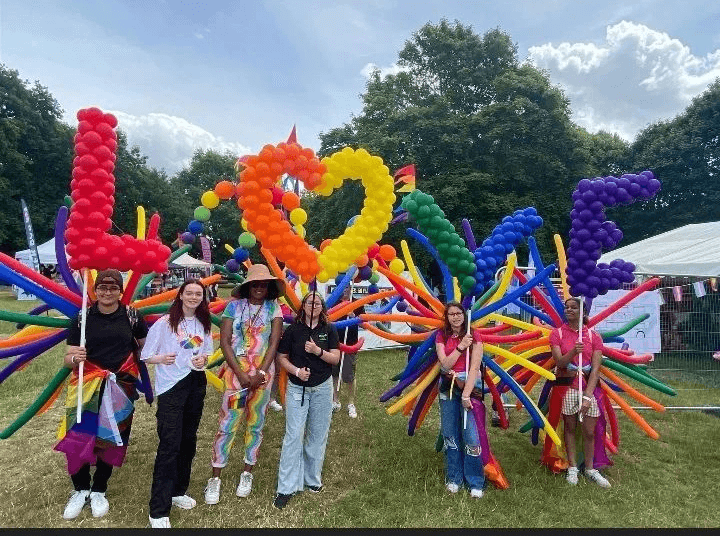
MY STORY
Shamza (18),
Bradford
Having witnessed crime first-hand and seen the effects of the pandemic on my friends, I’m so excited to be part of this project, which will support over 6,000 young people and help me help my generation to heal and thrive. Co-op is already doing fantastic work in local communities – it’s fantastic that they’ve partnered with the Youth Endowment Fund and the #iwill Fund to make a difference to young people’s lives.
Being a ‘peer researcher’ means I can find out more about young people’s experiences in my area and then take action to improve their lives. I hope to join the police force, and being a PAC peer researcher appeals to me as a way of learning about young people’s experience of violence, as well as how to prevent it and change teens’ minds. Obviously, if we can’t change our generation now, these problems are going to be our future.
Since I moved to Bradford four years ago from rural Italy, I have learnt a lot about how challenging life can be for young people in the city. I saw my friends fall in with people who didn’t want to go to school and who would smoke all day. In the end, I had to cut ties with the group, which included my former best friend. I knew city life would be different from living in the countryside but I never thought it would be like this.
The pandemic also led to many teenagers being stuck at home. If they didn’t have anything to do or were experiencing instability at home, they were more drawn to joining a second ‘family’ in the shape of gangs, which is another problem. They did this to feel safe and to take their minds off what was going on at home.
“PAC is a chance for young people like me to make a difference, whether it’s by doing a small thing or a big thing. I feel lucky to have been chosen to do this and excited about the chance to find ways to help young people build confidence and skills.”
Mental health is a big problem for many young people. Schools in my area prioritise studying but don’t, in my opinion, give enough support to people who are struggling mentally. My previous school had a counsellor, but I never managed to see her due to long waiting lists. Academic success and mental health are linked: I might be failing in my studies, not because I’m not bright, but because I’m struggling mentally. I’ve organised my own therapy sessions as I felt I needed to talk to someone and it was really helpful. Everyone needs someone to talk to, but many don’t feel comfortable talking to people they know, for fear of being judged.
I’m really positive about the PAC. My goal is to help teenagers as much as possible by giving them advice and support in any way they need it. I want to help reduce crime levels for this generation and believe that PAC in Bradford will help to do that, by providing teenagers with a space to open up and talk about the issues they’re facing.
Another problem in my community is bullying – I’ve seen lots of it. One thing I’d hope to see from the initiative is more clubs in my area, so that young people can meet new people in a safe place and learn new skills. Many students who are bullied don’t want to be part of after-school clubs as they feel too vulnerable and judged there.
More generally, PAC is a chance for young people like me to make a difference, whether it’s by doing a small thing or a big thing. I feel lucky to have been chosen to do this and excited about the chance to find ways to help young people build confidence and skills.




